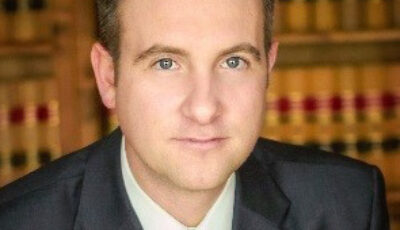Noticia Anterior
llegal Online Pharmacies Target Facebook and YouTube Users
Escrito el 01 Mar 2012
Comment: 0
WASHINGTON - Illegal internet pharmacies are targeting youngsters online through sites like Facebook and YouTube, the United Nations warned Tuesday. Professor Hamid Ghodse, president of the UN's International Narcotics Control Board (INCB), said that young people are at risk of purchasing "dangerous products" from internet pharmacies that are attracting them through social media.
Ghodse said, "Illegal internet pharmacies have started to use social media to get customers for their websites, which can put large, and especially young, audiences at risk of dangerous products." "This has become really rather sinister now," The (London) Daily Telegraph quoted Ghodse as saying. "It is much more widespread than you can believe it is."
He went on, "They use YouTube, they use Facebook, they attract you to their website ... Then when you go there you will see they are also selling illicit drugs."
"Particularly young people, they become very vulnerable in using internet pharmacies," he added.
He said online criminals were using increasingly "sophisticated" methods to lure young customers, by subtly marketing their products to people through social media and in internet chatrooms. The World Health Organization has found that over half of the medicines from illegal internet pharmacies are counterfeit, Ghodse added. The illegal internet pharmacies are "smuggling their products to consumers, finding hosting space for their websites and convincing consumers that they are legitimate," the INCB said in its annual report.
The board called on EU member states to close down illegal internet pharmacies and to seize substances which have been "illicitly ordered on the web and smuggled through the mail."
Ghodse said, "Illegal internet pharmacies have started to use social media to get customers for their websites, which can put large, and especially young, audiences at risk of dangerous products." "This has become really rather sinister now," The (London) Daily Telegraph quoted Ghodse as saying. "It is much more widespread than you can believe it is."
He went on, "They use YouTube, they use Facebook, they attract you to their website ... Then when you go there you will see they are also selling illicit drugs."
"Particularly young people, they become very vulnerable in using internet pharmacies," he added.
He said online criminals were using increasingly "sophisticated" methods to lure young customers, by subtly marketing their products to people through social media and in internet chatrooms. The World Health Organization has found that over half of the medicines from illegal internet pharmacies are counterfeit, Ghodse added. The illegal internet pharmacies are "smuggling their products to consumers, finding hosting space for their websites and convincing consumers that they are legitimate," the INCB said in its annual report.
The board called on EU member states to close down illegal internet pharmacies and to seize substances which have been "illicitly ordered on the web and smuggled through the mail."









